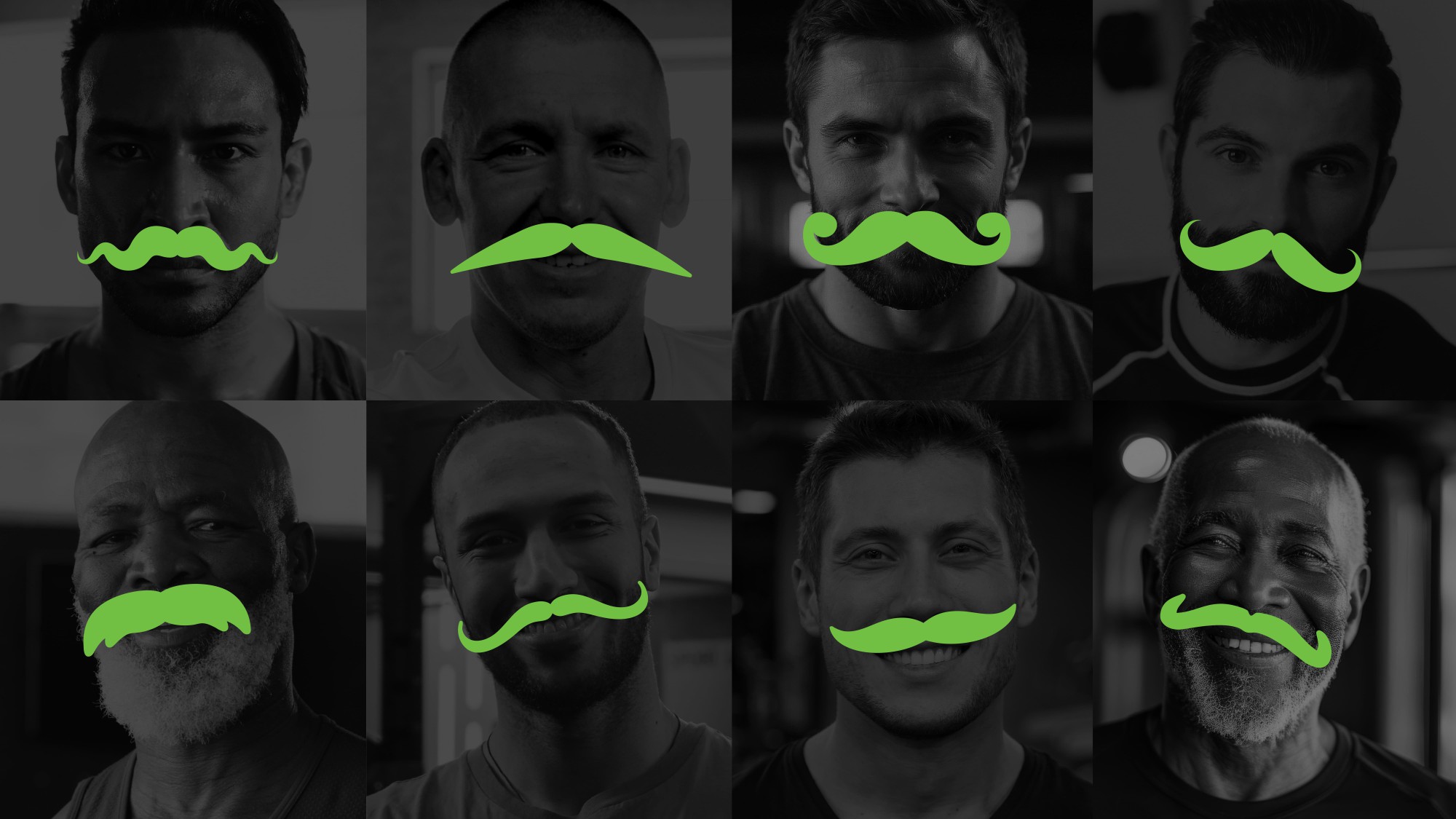Men are less likely to seek help for mental health issues, yet face higher suicide rates. Stigma and societal expectations often prevent them from reaching out. It's crucial to change this narrative: seeking help is a sign of strength.
Firstly, we need to look at some stats:
- 1 in 4 people experience mental health issues each year.
- At any given time, 1 in 6 working-age adults have symptoms associated with mental ill health. 1 in 5 are women, 1-8 are men.
- Mental illness is the second-largest source of burden of disease in England. Mental illnesses are more common, long-lasting, and impactful than other health conditions.
- Men aged 40-49 have the highest suicide rates in the UK.
- Three times as many men as women die by suicide.
- Men report lower levels of life satisfaction than women.
- Men are less likely to access psychological therapies than women.
It seems strange that fewer men are diagnosed with mental ill health than women, but a higher rate of suicide. So WHY? Though a lot has changed in terms of the stigma of mental ill health, there is still a lot to do. This is worse from a male perspective - “it’s not a mental illness that kills; it’s the stigma associated with it.” Still, stigma and discrimination hurt people with mental illness, and often, people who spoke out found it made the situation worse rather than better. Not only did they experience stigma and discrimination from society, but also friends, family, and employers. To make matters worse, men are wired to believe they cannot show emotion, ‘Boys don’t cry’ or ‘Man up.’ Through upbringing and culture, they still think they should not speak out and get on with it as a sign of weakness, and men are STRONG! However, the truth is that men who speak up and seek help are strong. They take responsibility for their health and well-being and seek the support and treatment they need.
Another reason is that most mental health campaigns do not speak to men; men tend to respond to humor and softer mental health language. Once they are engaged, they are eager to find out more. Plus, men feel that they have enough to deal with, so their own mental health is not high on their agenda, and there is no time in their schedule to accommodate time for getting help.
What can we do to change the narrative?
- It’s time to talk……..
- A strong man will speak out and ask for help.
- It’s just as important to be mentally healthy as physically healthy.
- The most valuable time you spend in the day is on your well-being. Can you commit to 15 minutes every day in self-care?
Top tips for Men:
- Reach out – do not hide away, chat to a friend. This is not about football but feelings and emotions.
- Get it off your chest – Tell someone how you are feeling, and make sure this is someone who will listen and not try to FIX.
- Follow social media that you relate to and don’t be taken in by what others are posting and how successful they are. Are their lives as amazing as they post?
- Have a routine and structure for your day.
- Start a hobby or even volunteer.
- Get outside in the fresh air.
- Create a motivational playlist. Music is a great distraction and uplifts your mood.
- Get out of your comfort zone – try something new and challenging.
- Stop and pause—Dedicate time every day for your well-being, a minimum of 15 minutes.
- Breathe – spend 5 minutes focused on your breathing, slow it down and forget the world.
- Consider therapy—counselling, hypnotherapy, CBT. You will be amazed at the difference therapy makes to get things off your chest with someone who won’t judge.


 Aug 6, 2024
Aug 6, 2024
 6 mins
6 mins
 Lucy Brooks
Lucy Brooks

 Oct 13, 2025
Oct 13, 2025
 5 minutes
5 minutes
 Energie Fitness
Energie Fitness

